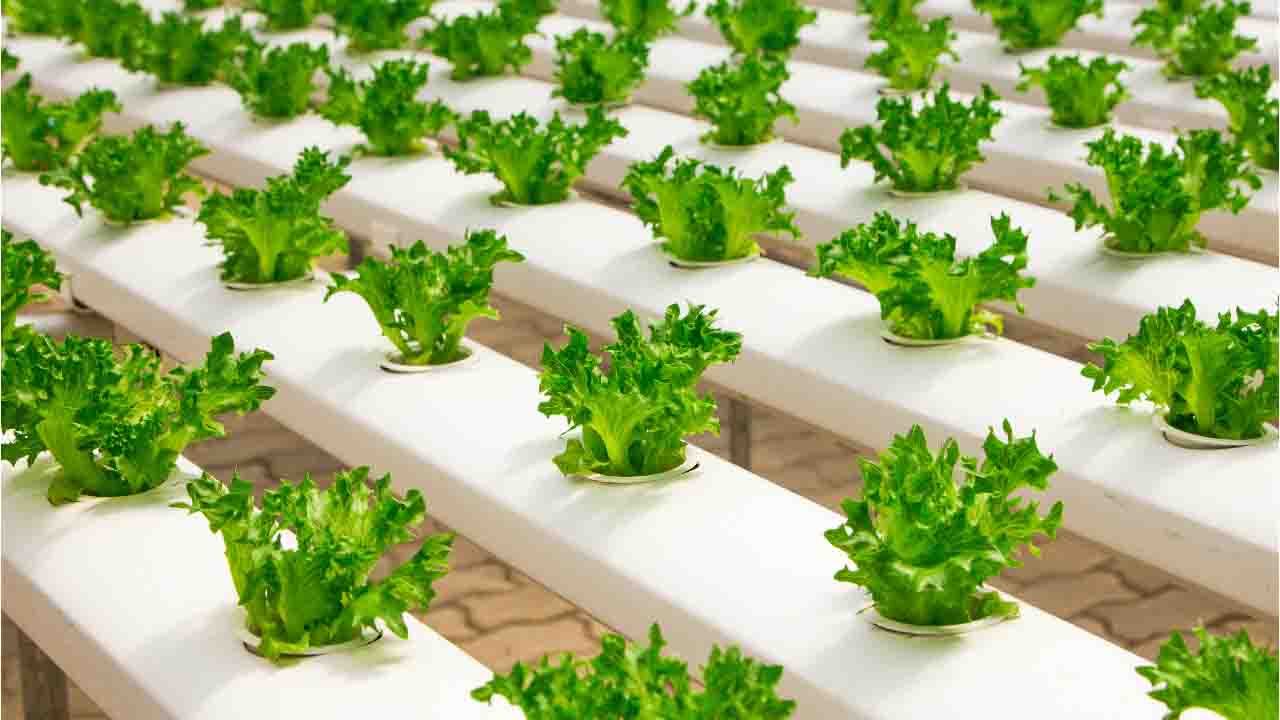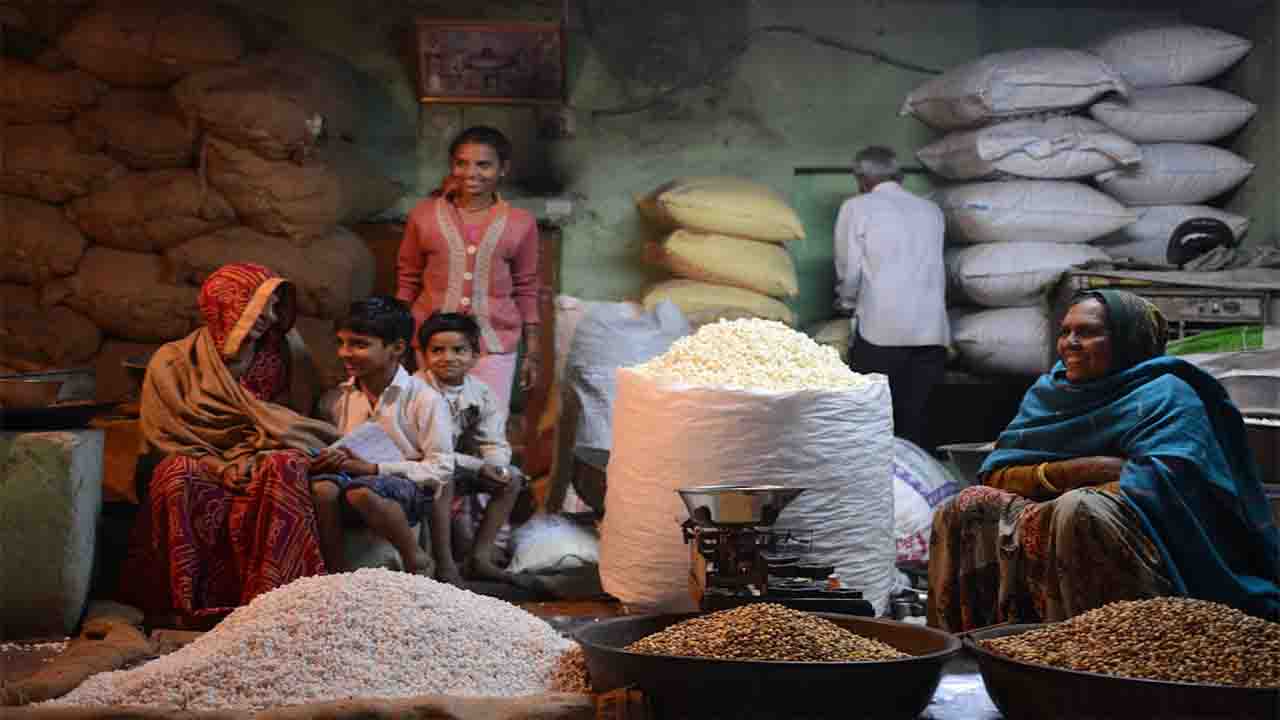Hydroponics is a method of growing plants without soil, where the plants are instead grown in nutrient-rich water solutions. This innovative technique has been gaining popularity in recent years, as it offers a sustainable and efficient way to grow crops, particularly in areas with limited land and resources. Hydroponics is a growing field in many countries around the world, and there are several nations that are leading the way in terms of hydroponic agriculture such as Japan, Netherlands, Canada, Australia, USA, Israel etc.
Many experts believe that hydroponics is the future of agriculture, as it has the potential to revolutionize the way we produce food. This innovative agricultural technique offers several advantages over traditional soil-based farming. One of the biggest advantages of hydroponics is that it allows for year-round crop production, regardless of weather conditions or seasonal changes. Since the plants are grown indoors or in greenhouses, they are protected from pests, diseases, and adverse weather events. This means that farmers can produce crops consistently and reliably, without the risk of crop failure due to weather or other environmental factors.
Hydroponics also offers a more efficient use of resources, such as water and fertilizer. With traditional agriculture methods, much of the water and nutrients used to grow crops are lost due to runoff or evaporation. However, in hydroponics, the water and nutrients are delivered directly to the plant roots, minimizing waste and maximizing efficiency. Additionally, hydroponics uses less water than traditional agriculture methods, as the water is recirculated and reused. Another advantage of hydroponics is that it allows for a higher yield per unit area than traditional agriculture methods. Since the plants can be grown in a smaller space and in a more controlled environment, farmers can produce more crops per square meter. This can be especially beneficial in urban areas, where land is limited and expensive. Hydroponics also offers the potential for sustainable food production, as it can be done using renewable energy sources such as solar or wind power. This can reduce the carbon footprint of agriculture and help mitigate the effects of climate change. In conclusion, hydroponics is an innovative and promising technology that has the potential to transform the way we produce food. By offering year-round crop production, efficient use of resources, high yields, and sustainable practices, hydroponics is poised to be the future of agriculture. As we face challenges such as climate change, population growth, and food insecurity, hydroponics provides a viable solution for ensuring a reliable and sustainable food supply.











